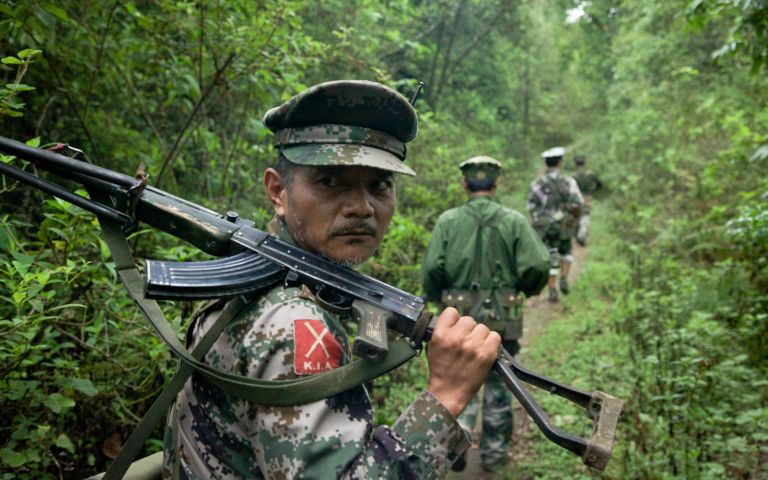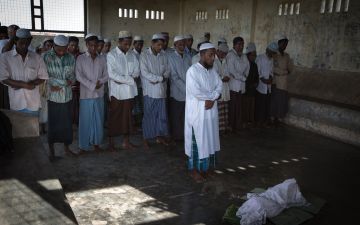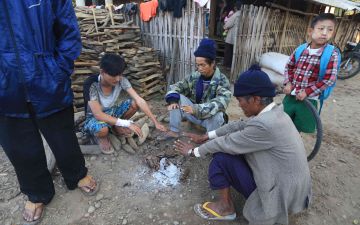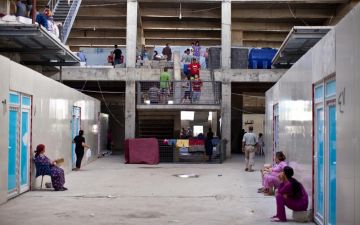After years of isolation, Burma is experiencing a political thaw that has taken even jaded observers by surprise. Its military leaders have brokered cease-fires with ethnic rebel groups around the country and allowed civilians to play a greater role in the new government. Media and economic freedoms have been expanded and hundreds of prisoners released, among them Aung San Suu Kyi, the democracy activist and Nobel laureate, now a member of parliament. In response, the United States has removed all sanctions and reinstated its ambassador to the country after a 22-year absence. An investment boom is underway.
But peace and prosperity in the “New Burma” are not for all.
Widespread land grabbing by powerful business interests is devastating poor farming communities and taking a heavy toll on the environment. In the bustling capital, Yangon, the veneer of new construction projects belies widening inequality, official corruption and self-censorship in the press. And in western Rakhine state, the long-persecuted Rohingya minority is under siege, compelling larger numbers to leave, while in the northern state of Kachin, a brutal civil war between Burmese armed forces and ethnic rebels grinds on. Several thousand people have been killed and more than 100,000 uprooted in a military campaign that rights groups say has deliberately targeted civilians.
Now, as ever, Burma’s wealth of resources is both a driving force for unrest on far-flung fronts--and a potential source of stability. As reform fever sweeps across the country, Jason Motlagh explores the faultlines that stretch from the heartland to its borders.








